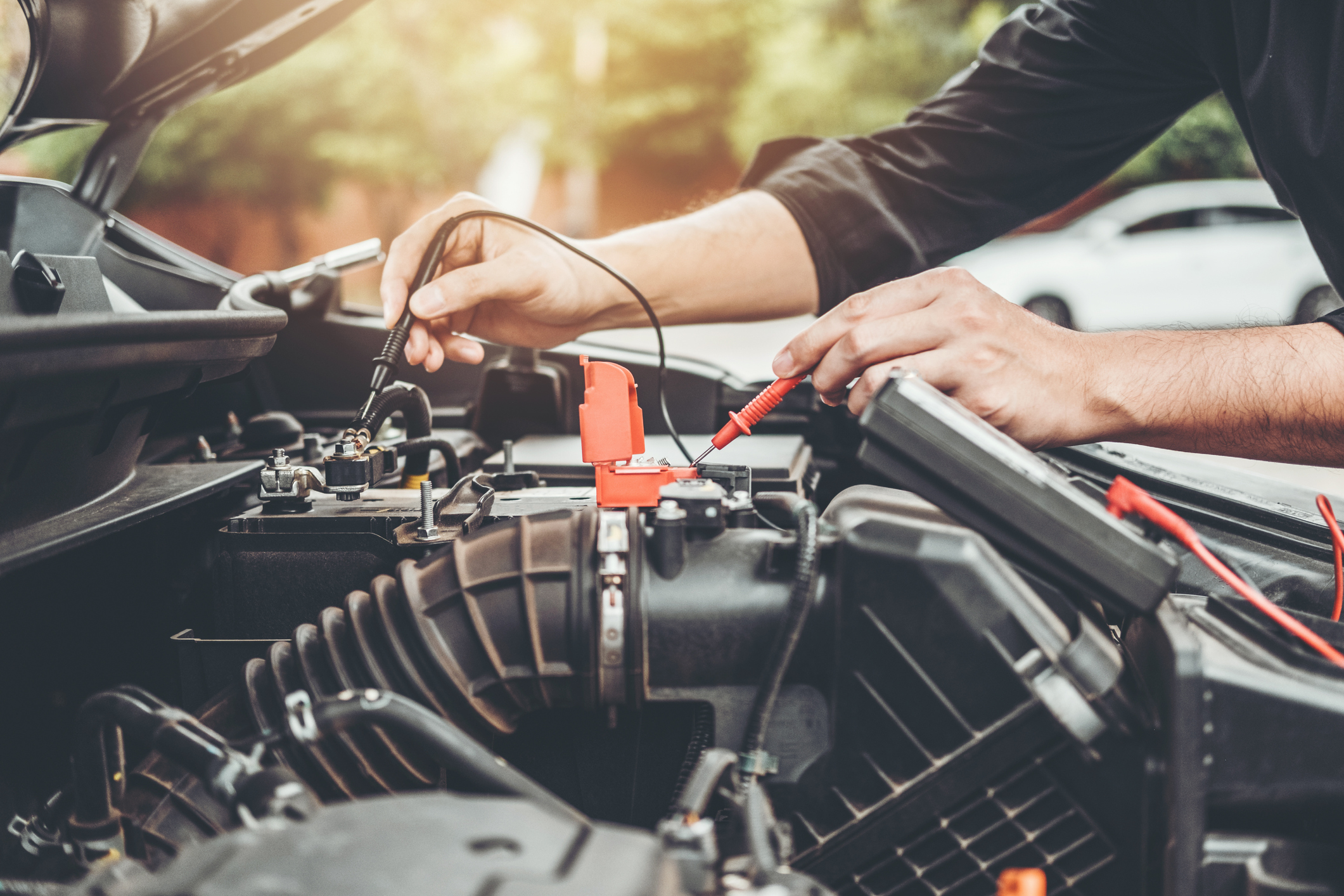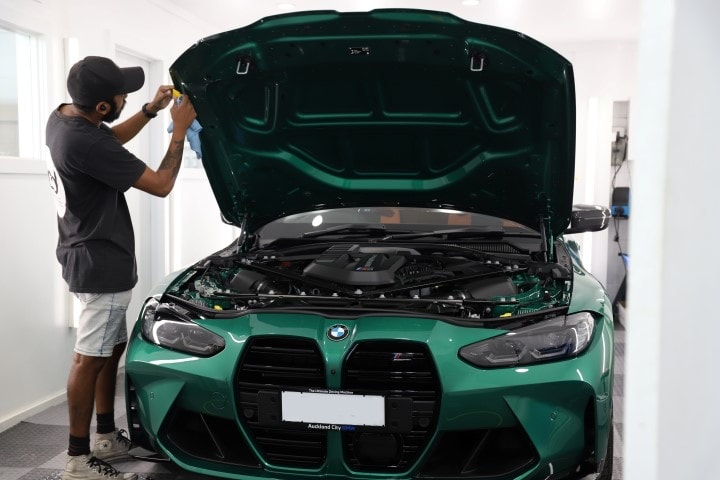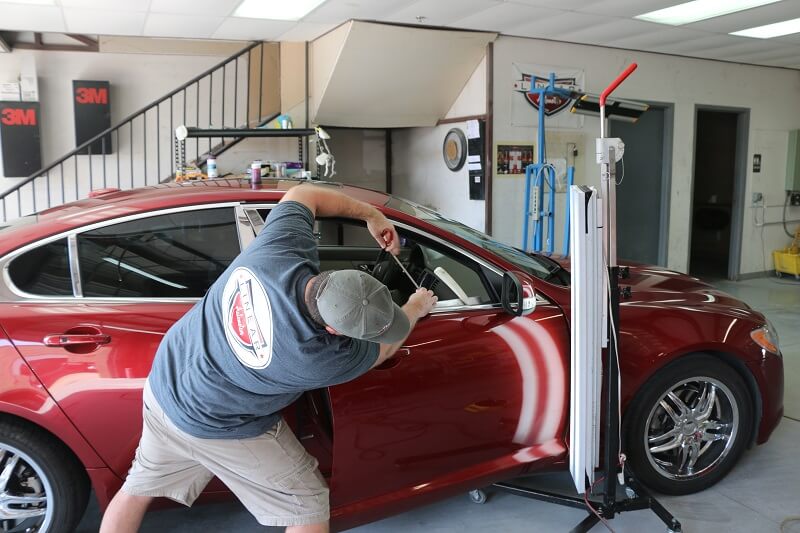Car Maintenance 101: Basic Things You Need to Know
Whether you have a fancy sports car, a trusty sedan, or an SUV for the family, it’s important to know that car maintenance is a necessary thing to do once in a while. The whole process may look intimidating to a new car owner, but with only a few things to keep in mind, vehicle maintenance will be easy. Here are some items you need to take note of.
Signs You Need to Conduct Maintenance
First, we must discuss the tell-tale signs that your precious vehicle needs repair and maintenance. The most obvious sign would be the dashboard warning lights. It indicates that something is malfunctioning in the vehicle that needs immediate attention.
Weird noises from the engine when you turn the ignition key or are driving are warning signs that something needs to be addressed. Grinding gears, vibrations, dark exhaust smoke, and ignition problems can also mean there’s a problem with the car. If you ignore these warnings, a minor problem can potentially become a major one, which can lead to accidents.
How Often Should You Maintain Your Car?
Depending on how often you drive your car, it’s a good idea to have your vehicle inspected every six months. You can also have a professional mechanic look into your car every 30,000 miles. Whatever the case, it’s important to double-check your manual once in a while. It can tell the owner the manufacturer’s recommended maintenance schedule. Here is the best video for your car maintenance:
Vehicle Maintenance Checklist
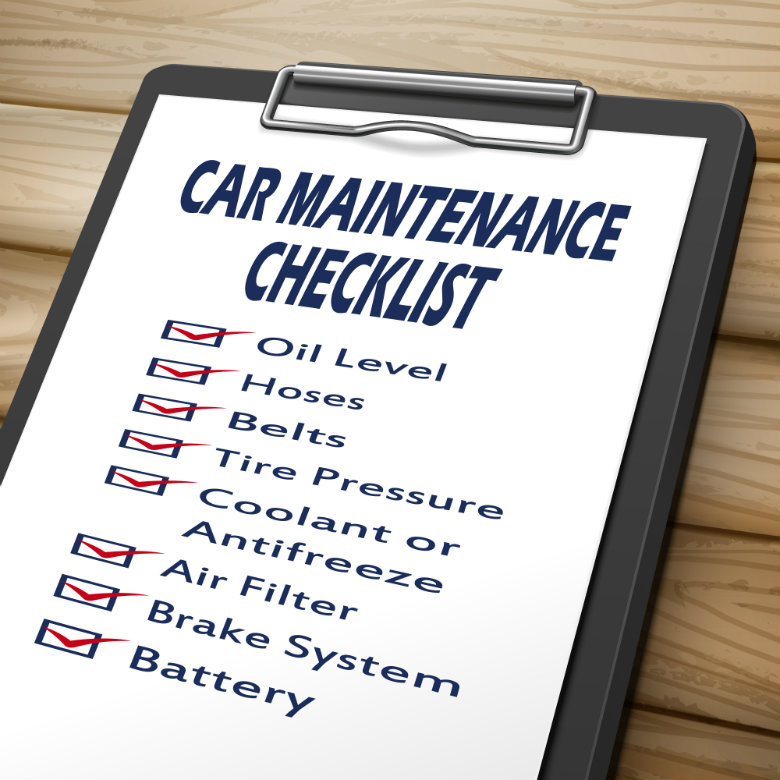
Maintaining your car keeps it from unexpectedly breaking down while you’re on the road. It maximizes the performance of your vehicle, making you and other drivers safe. Here is a checklist of some of the things you need to inspect when you do maintenance:
- Oils and fluids – There are a variety of oils and fluids that cars use. When it comes to engine oil change, it depends on the age of the vehicle. Old cars may need a change every 3,000 miles, while newer ones may need to replace their oil every 5,000 to 7,000 miles. Coolants keep your engine from overheating. They need to be replaced every 2 to 3 years.
The transmission fluid is used to keep your transmission gears running properly and must be replenished every 50,000 to 100,000 miles, depending on if you have a manual or automatic car. Brake fluid, as the name implies, keeps your braking system functioning properly. Its quality and level must be checked and replaced every two years or every 25,000 miles.
- Battery – The battery provides the electricity that your car needs to function. Car batteries can last for 3 to 5 years, on average. However, this life span can be affected by a number of reasons, such as driving habits and extreme elements. Most experts recommend that car batteries be replaced every four years.
- Brakes – Your braking system allows you to control the speed of your car and plays a vital role in your and your passengers’ safety. The brake pads and rotors are the ones that come in contact with the tire. Because of that, friction between the two can cause heat and eventually wear out the pads. They should be replaced every 40,000 to 50,000 miles.
- Tires – Ideally, tire inspection can be done every few weeks or once a month, depending on how often you drive. When inspecting, check for any wear and tear on the surface. You should also measure the treads of the tires. Worn-out treads are a potential risk, especially when it’s raining.
This can be done by using a quarter and inserting it in the tread. You know your tread has worn down if you can see all of George Washington’s head. Do this measurement on the tire’s outer edge, inner edge, and center to make sure there are no other smooth spots.
- Filters – Cars today use four main filters: air, oil, fuel, and cabin filters. They can catch any impurities that can affect the car’s engine air intake, oil, fuel, and air-conditioning, respectively. Air filters are usually replaced every 12,000 to 15,000 miles. Oil filters are usually replaced every time you change your engine oil.
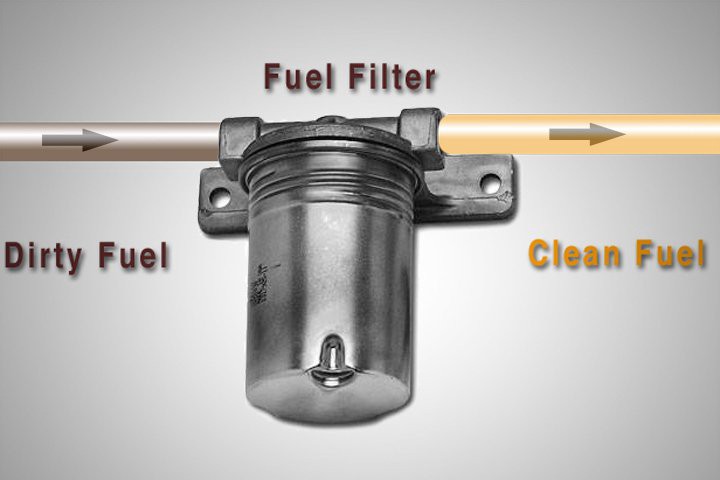
Fuel filters are usually changed depending on the car’s age. If it’s an old vehicle, the filter is changed every 20,000 to 30,000 miles. Newer cars require a replacement every 60,000 miles. Lastly, cabin filters must be changed every 15,000 miles.
You should be mindful whenever something seems off with your vehicle. Maintaining your car can potentially save you from accidents and paying thousands of dollars in repairs.
